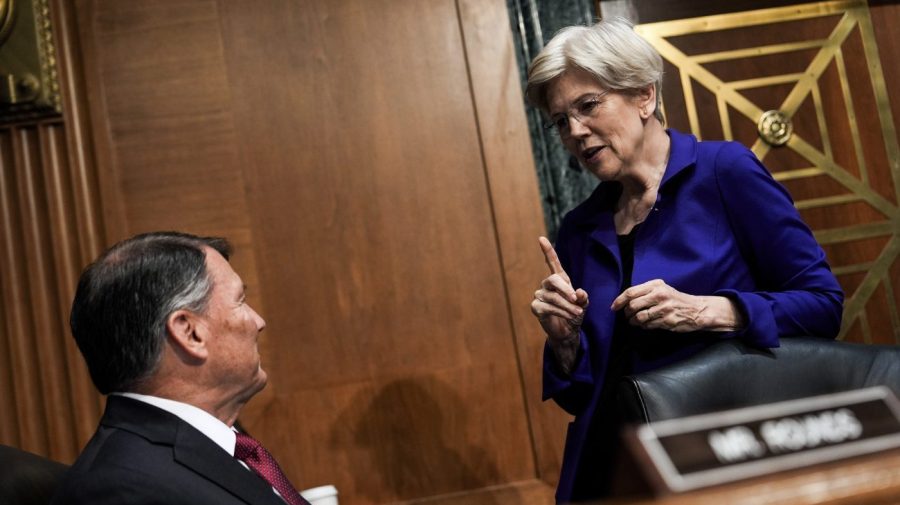Bipartisan senators push for Trump to keep portions of Biden-era AI rule

Sens. Elizabeth Warren (D-Mass.) and Mike Rounds (R-S.D.) urged the Trump administration Thursday to maintain some parts of an artificial intelligence (AI) chip export framework laid out by former President Biden.
In a letter to Commerce Secretary Howard Lutnick and Secretary of State Marco Rubio, the bipartisan duo called for the administration to keep provisions incentivizing companies to maintain most of their computing infrastructure for leading AI models in the U.S. and mandating “robust” guardrails on data centers abroad.
“While the Diffusion Rule was rightfully criticized for being overly complicated and burdensome, it is essential that the Administration issues a replacement that keeps the center of gravity for AI infrastructure in the United States and imposes strong, robust security requirements on overseas facilities,” the pair wrote.
Biden released the AI diffusion rule in his final days in office. The rule, which placed caps on chip sales to most countries other than a select few U.S. allies, faced sharp pushback from the semiconductor industry.
The Trump administration rescinded the rule shortly before it was set to go into effect in May, arguing it would “have stifled American innovation and saddled companies with burdensome new regulatory requirements.”
Several months later, the administration has yet to offer a replacement. A group of Republican House members urged Lutnick earlier this month to provide a “stable exporting structure” to take the place of the diffusion rule.
However, a new framework may not be coming. Semafor reported Tuesday that the administration is weighing whether to scrap efforts to replace the rule.
This comes after Trump unveiled his AI Action Plan last week, which underscored a shift in policy toward China, focusing less on export restrictions and more on boosting the adoption of American technology abroad.
Seemingly in line with this approach, the Trump administration is allowing Nvidia to sell its H20 chips to China once again. After initially placing new restrictions on H20 sales in May, the administration gave the chipmaker the green light earlier this month.
The decision has faced pushback from multiple fronts, with former national security officials, several Democratic lawmakers and at least one Republican member voicing concerns about the decision.